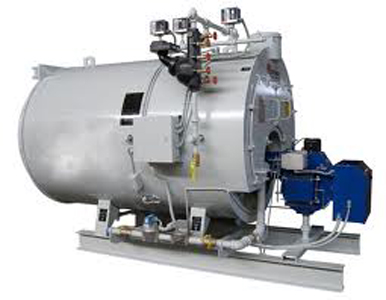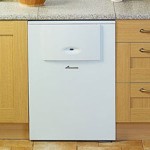Types and Purposes of Industrial Gas Boilers
What are industrial gas boilers for? These units were designed to heat water for the creation of steam. Most plants are now using natural gas appliances in order to produce power needed for multiple applications.

Such boilers have a very reasonable advantage – the availability of resources of the natural gas and a comparatively high energy-to-heat ratio. Industrial gas fired boilers can operate both on natural gas and propane. Some models can be switched from one fuel to another after they undergo some modifications that take into consideration the existing difference in the characteristics of fuels used.
What Is the Main Purpose?
An industrial unit was originally used for heating up very large buildings, before the time central heat became an option. The boiler heated water inside and released the steam. Today it doesn’t only heats up huge buildings, but also provides more possibilities than standard boilers. It can even be used in power stations.
Types and Functioning
What do you know about industrial gas boilers? These are closed vessels, which use gas to heat water/generate steam for humidification applications and industrial heating. A unit involves a heat exchanger (tubes/pipes), furnace (heat source) or a heat transfer medium that allows the liquid to be heated above the boiling point. The method of heat exchange together with the type of heat source are the two primer factors that define the industrial boiler types.
Industrial boilers differ in types and the features they suggest. However, choosing from the range of available options is easier, if you pay attention to three primer things:
- technology
- function
- heat source
Paying attention to the functions of an industrial gas boiler is very important. All units are divided into two types: those that produce hot water and those that provide steam.
Hot water units heat the liquid for hot water and hydronic heating systems. Typical applications are commercial and domestic needs for hot water, freeze protection, comfort heating, radiant floor heating, commercial dishwashers, Laundromats, carwashes, etc.
Steam boilers heat the liquid to boiling for generating steam that is used in different applications. These can be different industrial heating applications, like cement production, or agricultural soil steaming and power generation, etc.
What are the most typical industrial gas boilers? These are natural circulation appliances that don’t utilize pumps in order to move water through tubes. Instead of this scheme, they completely rely on differential density between water and steam in order to provide the required and normal water circulation. The level of water is really critical for ensuring a flooded water supply to the downcoming tubes.
It’s hard to say whether these boilers are suitable for private property, but still cases differ. Eventually everything depends on hot water needs and the size of the building.
- popular
- new






